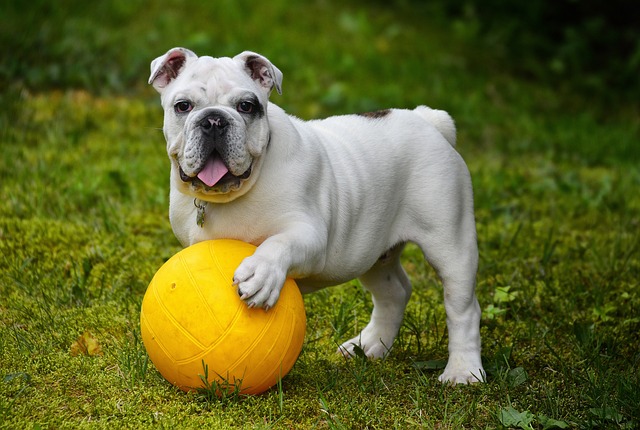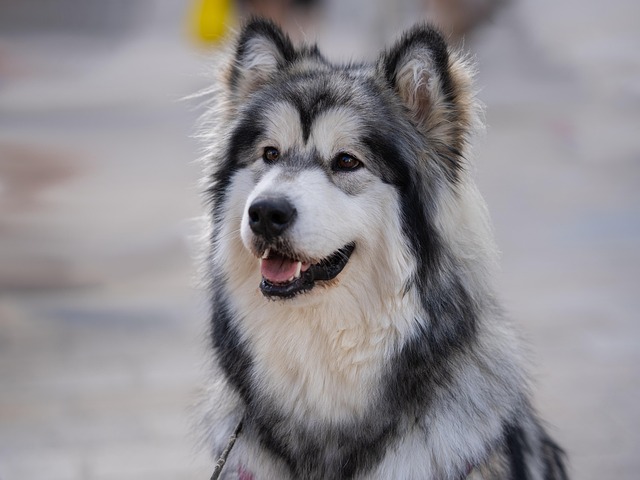
How often should you put paw balm on dogs
You’ve just bought your first tin of paw balm for your Labrador, Bailey, after noticing his pads were looking a bit rough after hikes in the Rocky Mountains.
Imagine you’re in your New York City apartment, tossing a ball for your 8-year-old Golden Retriever, Max—something he used to chase nonstop until he collapsed on the couch, tongue lolling, after just two throws. You glance at his graying muzzle and wonder: “What age is a dog considered a senior?” For new U.S. dog owners, this moment of realization feels tender, not scary—but knowing when your pup enters “seniorhood” helps you tweak their care, whether you’re in a tiny apartment or a busy community park.
First, let’s break down the science: A dog’s “senior” age doesn’t depend on a single number—it’s all about body size. Small breeds (like Chihuahuas or Shih Tzus) stay spry longer; they’re usually considered seniors around 11–13 years old. Medium breeds (Max’s size, 50–70 pounds) hit senior status at 8–10 years. Large breeds (like Great Danes or German Shepherds) age fastest—they become seniors as early as 6–7 years. Why? Bigger dogs’ bodies work harder to support their weight, so joints and organs wear out sooner. My neighbor in Brooklyn has a 7-year-old Great Dane named Bella; her vet already calls her a senior, while their 12-year-old Maltese (a small breed) still plays fetch. Vets simplify it as “dog years”—small dogs live longer, so their senior phase starts later.
Here’s how to adjust care once your dog is a senior, even in an apartment: Start with their space—add non-slip mats under their bed and by the couch (senior dogs slip on hardwood floors easily). Raise their food and water bowls to waist height (use a cheap stand from a pet store) to save their stiff necks from bending. Shorten walks but go more often: Instead of one 30-minute trip to the community park, do two 15-minute strolls—this eases joint pain. Schedule vet checkups every 6 months (not just yearly)—senior dogs need blood work to catch kidney or thyroid issues early. When training, be patient: If your senior dog takes longer to “sit,” wait calmly and reward them with a soft treat (never scold—punishment stresses aging pups, which goes against U.S. animal welfare norms). They’re not being “lazy”—they’re just slower.

Don’t let senior care skip U.S. rules and manners. Even as your dog ages, keep their rabies vaccine up to date—New York (like all states) requires it for dogs of any age, and fines can hit $300 if you skip it. When walking your senior pup, always carry biodegradable poop bags—they may need to go more often, and leaving waste is illegal (NYC fines $250 for that). In your apartment building, use the elevator instead of stairs—climbing hurts their joints, and it’s polite to avoid holding up neighbors. If your senior dog has anxiety (like pacing at night), ask your vet about calming chews—many U.S. pet insurance plans (like Healthy Paws) cover these for seniors. Remember: U.S. pet culture values “quality over quantity”—if your dog is tired, let them rest; don’t force play.
At its core, knowing when your dog is a senior helps you love them better. With size in mind, small apartment tweaks, and following local laws, you’ll help your pup stay comfortable and happy in their golden years—whether they’re napping on your couch or taking slow walks in the park.

You’ve just bought your first tin of paw balm for your Labrador, Bailey, after noticing his pads were looking a bit rough after hikes in the Rocky Mountains.

After a dog has a tooth pulled, their mouth needs time to start healing—and that includes knowing when it’s safe to let them eat again.

There’s nothing quite like the feeling of your dog bounding towards you, tail wagging furiously, after a long day. But as a new dog owner, you might sometimes wonder

Imagine you’re in your Austin, Texas backyard on a 95°F summer afternoon—your 2-year-old Golden Retriever, Duke, paces around his wooden dog house

Dental surgery leaves dogs feeling groggy, their bodies still processing anesthesia and their mouths tender from the procedure.

Imagine you’re in your New York City apartment, watching your 8-month-old French Bulldog, Louie, scratch his belly until his skin turns pink—he’s been doing this for a week